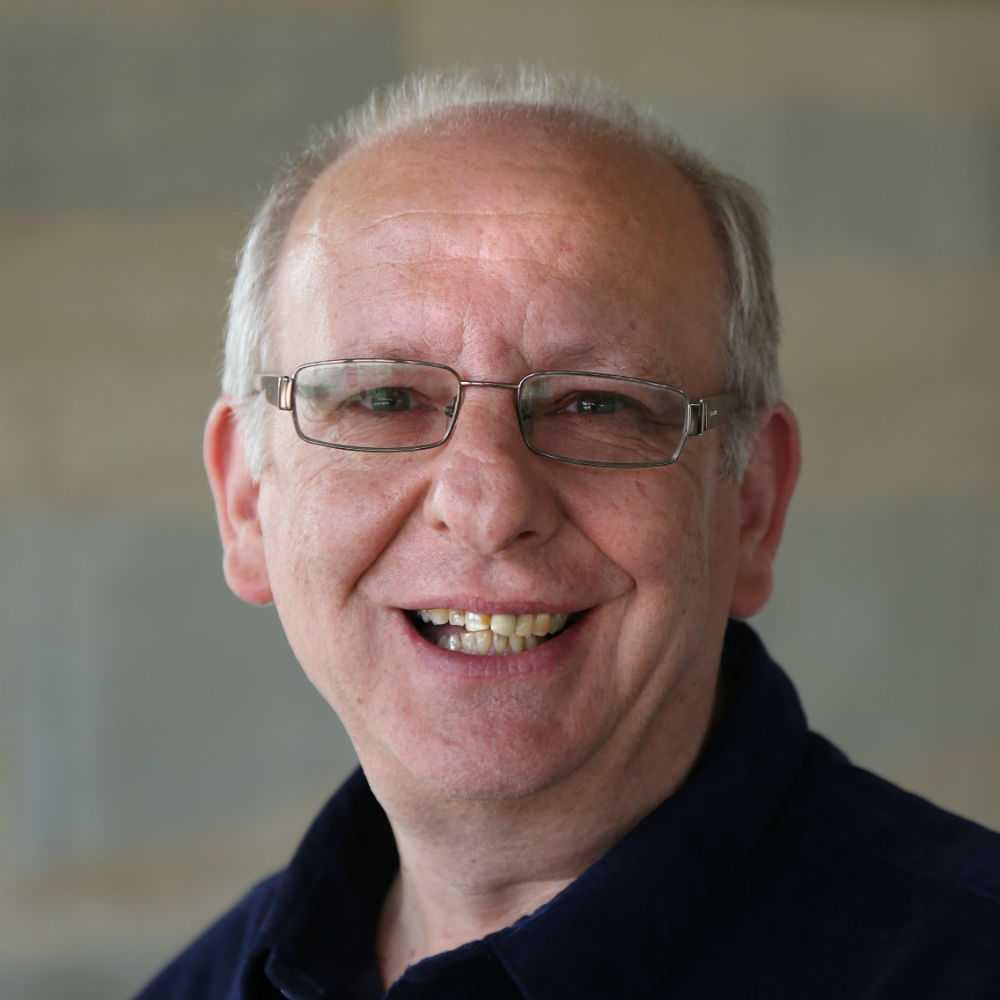Project overview
The Centre for Childhood Studies offers a radical and alternative contribution to existing knowledge within the field of childhood studies, exploring the lives of younger and older children from a multi-disciplinary perspective.
We will bring together scholars from across the whole University whose work represents a contribution to expanding our understandings of and approaches to children and childhood, filling the conceptual, methodological, social and political lacunae that still exist in the theories and research of mainstream childhood studies.
View our latest research project video - Be Yourselves Project – Forging the Links between Child Psychotherapy and Virtual Reality
View our academics

.jpg?w=500&hash=4930E84C2EA8B7B5A8D9D7C55C5BB212))


/woman-writing-typing-computer-work.jpg?h=250&w=500&crop=1&hash=9DE934BF4A0EE8C888649FC0D0DDCD34)

